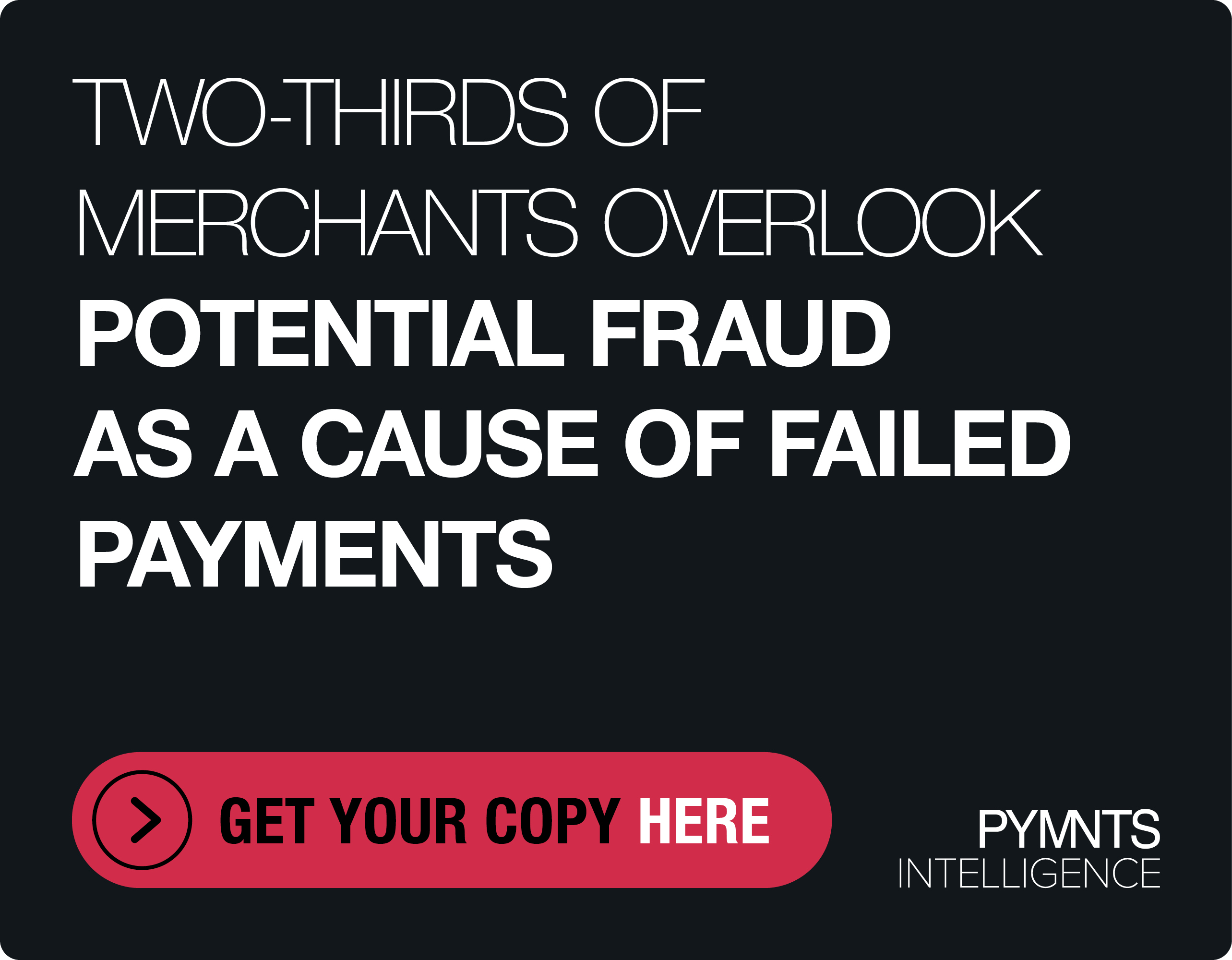Canadian Banks Selling Credit Card ABS In US

Canadian banks are increasingly turning to the U.S. market, issuing $6.8 billion asset-backed securities during 2016 alone, based on data compiled by Bloomberg.
In a report, Bloomberg said the Canadian banks are drawn to the U.S. because of the lower costs to the borrower. What’s more, Bloomberg found they are finding lots of buyers of the Canadian-backed debt largely because Canadian consumers are known to pay off their credit card debt.
“Payment rate is a huge thing, because if you’re an investor in that product and there’s a problem, you go through 2008 again and suddenly all the delinquencies start spiking,” Jamie Feehely, a structured-finance analyst at DBRS Ltd., said by phone in an interview with Bloomberg. With this debt, “you’re going to get paid out.”
According to Bloomberg, the Bank of Nova Scotia and Toronto-Dominion Bank are among those institutions that are driving the numbers higher in the U.S. Bloomberg noted that it’s pricier to borrow in Canada’s securitized credit card market that is much smaller than in the U.S. Canadian banks sold only C$566 million of credit card asset-backed securities in 2016, noted Bloomberg, citing BMO’s September ABS data report.
“Plain and simple, it’s cheaper to fund” in the U.S., said Kris Somers, a fixed-income analyst at Bank of Montreal’s BMO Capital Markets, in the report. “It’s a much larger market down there, and it tends to attract larger pools of liquidity.”
The report noted that Canadian banks selling credit card asset-backed securities can get roughly 10 to 15 basis points savings in the U.S. market.
As for why the Canadian credit card debt is attractive to investors in the U.S., Bloomberg reported it’s largely because Canadians are more apt to pay off their bills in full each month compared to American consumers.
